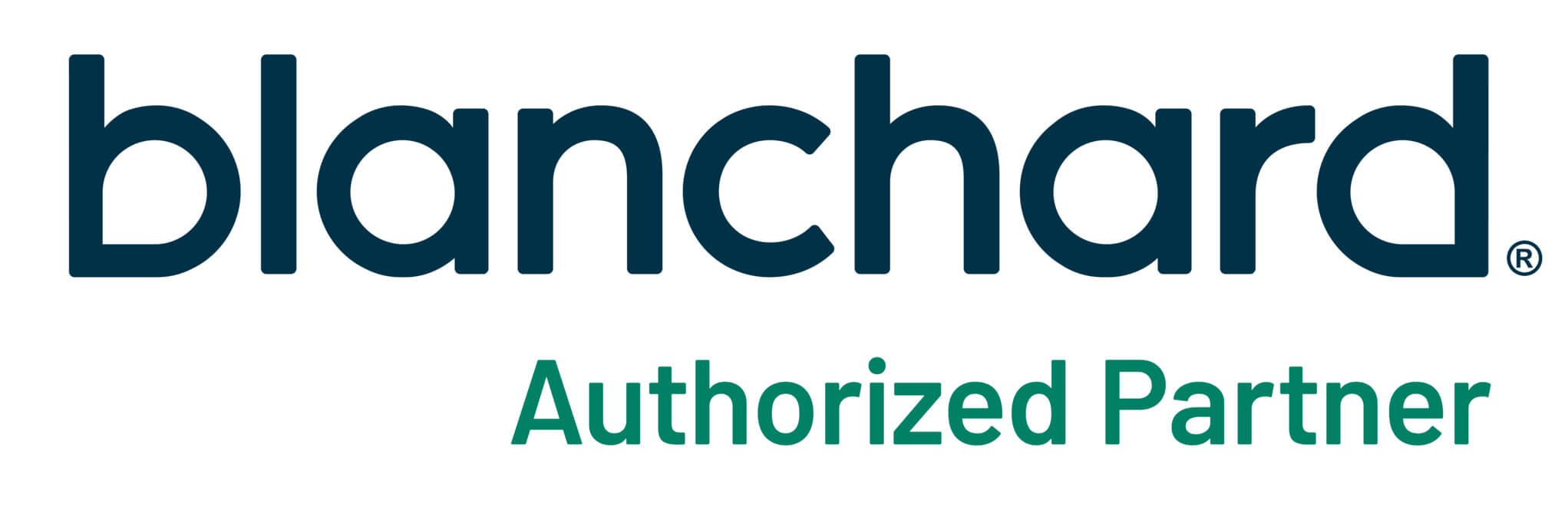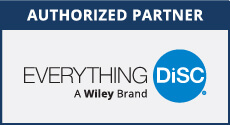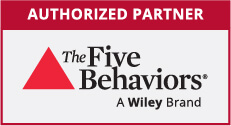
In our ongoing Toxic Leadership Series, we continue exploring the impact of toxic leadership behaviors. Today's spotlight shines on a pervasive issue that erodes the foundation of trust and collaboration within teams – Taking Credit for Someone Else's Work.
Leaders are entrusted with the responsibility of being champions for their teams. Part of this responsibility includes recognizing and celebrating the accomplishments of those they lead. However, when a leader consistently and unjustly claims credit for their team's achievements, it undermines trust and creates an atmosphere poisoned by toxicity.
Leaders often try to take all the credit in an effort to make themselves look better in the eyes of their leaders. However, research shows leaders who habitually take all the credit are typically seen as ineffective leaders. On the other hand, leaders who go out of their way to distribute credit to others are rated among the most effective. You can read the full article here: “It’s All About Me! What Happens When a Leader Takes All the Credit?” So, not only does this behavior hurt employees, but it also damages the leader’s perceived effectiveness in the eyes of others. It’s a no-win scenario.
“A good leader takes a little more than his share of the blame, a little less than his share of the credit.” Arnold H. Glasow – American thought leader, author, and businessman
The Ethical Dilemma
Taking credit for someone else's work raises significant ethical concerns. It violates the fundamental principles of honesty and integrity. Leadership requires guiding a team toward success and doing so with unwavering ethical standards. When leaders fail to attribute achievements to the right contributors, they breach the trust that is the cornerstone of any functional team. It's imperative for leaders to uphold the highest ethical standards, as they serve as role models for the entire organization.
Leaders should embody ethics and integrity, setting the gold standard for the rest of the team to follow. Claiming undeserved credit is akin to a breach of trust. This act undermines not only the leader's personal integrity but also the collective trust within the team. When employees witness their leader taking credit for work they haven't done, it sends a clear message that ethical principles are negotiable. This can lead to a culture where employees might compromise their ethics, resulting in a downward spiral of integrity within the organization.
In addition to this ethical quandary, taking credit for others' work can also harm employee wellbeing. It extends far beyond the professional dynamics and can exact a heavy toll on team members' emotional and psychological health. It's not just about a missed recognition; it's about the emotional turbulence it can create within employees.
The Toll on Employee Wellbeing
Imagine a scenario where you consistently put in your best effort and go above and beyond to deliver exceptional results, yet your achievements are consistently claimed by someone else. How would you feel? Certainly, demoralized and undervalued. This is the emotional toll that employees experience when credit is stolen from them.
In a 2022 study, The Idea Is Mine! An Empirical Examination on the Effect of Leaders’ Credit Claiming on Employees’ Work Outcomes, the research supported the detrimental impact this behavior has on employee wellbeing. For instance, it resulted in increased anger and perceived unfairness for impacted employees. This research demonstrates that the impact of a leader taking credit for someone else's work extends far beyond professional dynamics; it can take a heavy toll on employee wellbeing. Such behavior can foster an environment of frustration and disillusionment among team members. When individuals feel their contributions are consistently undervalued or stolen, their motivation wanes, and they may question their efforts' purpose. This demotivation can lead to increased stress and, in some cases, even burnout.
Demotivated employees often become disengaged from their work. When their contributions are not acknowledged, they may question why they should continue to put in their best effort. As a result, productivity can suffer, and morale can plummet. Ultimately, this leads to a workplace where employees merely go through the motions, not because they want to but because they have to.
In more severe cases, prolonged demotivation and stress can lead to burnout. Burnout is a state of emotional, mental, and physical exhaustion caused by excessive and prolonged stress. It can result in various symptoms, including fatigue, cynicism, and a reduced sense of accomplishment. Burnout affects the individual and has wider implications for the team and the organization. It can lead to increased absenteeism, decreased productivity, and high turnover rates. Employees who experience burnout are more likely to seek opportunities elsewhere, and the cost of recruiting and training replacements can be significant.
It's clear that the toll on employee wellbeing resulting from taking credit for someone else's work is not to be underestimated. It affects not only the individuals involved but also the overall health and culture of the organization. A toxic environment where employees are constantly underappreciated and demotivated is not conducive to success.
The SolutionAddressing the problem of taking credit for someone else's work requires a multi-faceted approach, integrating ethical principles and strategies to promote employee wellbeing. Recognize and Acknowledge: Leaders should openly acknowledge and credit their team members for their contributions. When individuals feel valued and appreciated, they are more likely to give their best and fully engage in their work. Recognizing and celebrating the achievements of team members creates a culture of appreciation and mutual respect. This practice should be integrated into the organization's values and leadership principles. Be Intentional Regarding Culture: Foster an atmosphere where team members feel safe sharing their ideas and concerns. Encourage open dialogue, ensuring that no one's contributions go unnoticed. This promotes a sense of inclusivity and encourages a culture of open collaboration. Holding leaders accountable for recognizing their team should be a part of the culture, and leaders consistently hogging all the credit should be frowned upon. Creating a culture where leaders actively seek feedback and input from their team should be a priority as it reinforces the importance of every individual's perspective. Lead by Example: Leaders must demonstrate the behavior they expect from their team. Acknowledging and celebrating others' work sets the standard for the organization's culture. This includes recognizing team achievements and giving credit where it is due at all levels of the organization. Leading by example means adhering to the highest ethical standards, which should be reflected in every aspect of leadership, from decision-making to interactions with team members. |
The Wrap Up
Implementing these solutions requires a commitment to change from leaders and a conscious effort to foster a culture of fairness and appreciation. Taking credit for someone else's work is not merely an isolated leadership issue; it's a systemic problem that can erode trust, compromise ethics, and harm employee wellbeing. Organizations must prioritize building a positive and healthy workplace culture in today's complex and competitive business landscape.
By recognizing the ethical implications and the toll it takes on employees, leaders can take proactive steps to address this issue. The journey toward effective and ethical leadership begins with self-awareness and a commitment to change. It involves setting a high standard for integrity, embracing open communication, and acknowledging the contributions of team members.








 I
I









0 Comments